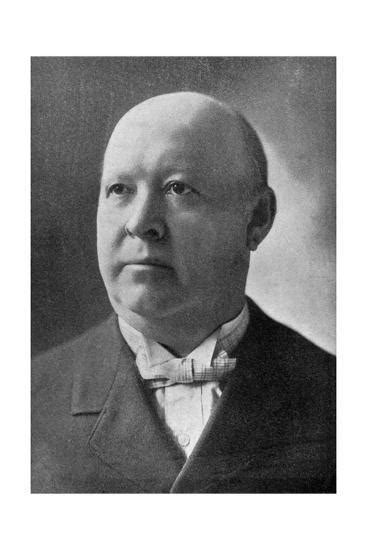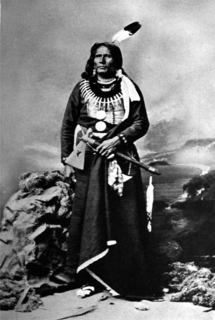A Quote by Hans Christian Andersen
In the days of Moses and the prophets such a man would have been counted among the wise men of the land; in the Middle Ages he would have been burned at the stake.
Related Quotes
There have been many men who left behind them that which hundreds of years have not worn out. The earth has Socrates and Plato to this day. The world is richer yet by Moses and the old prophets than by the wisest statesmen. We are indebted to the past. We stand in the greatness of ages that are gone rather than in that of our own. But of how many of us shall it be said that, being dead, we yet speak?
One way or another, I think virtually all of the prophets and early Apostles had their visionary moments of our time--a view that gave them courage in their own less successful eras. Those early brethren knew an amazing amount about us. Prophets such as Moses, Nephi, and the brother of Jared saw the latter days in tremendously detailed vision. Some of what they saw wasn't pleasing, but surely all those earlier generations took heart from knowing that there would finally be one dispensation that would not fail.
You have driven me from the East to this place, and I have been here two thousand years or more....My friends, if you took me away from this land it would be very hard for me. I wish to die in this land. I wish to be an old man here....I have not wished to give even a part of it to the Great Father. Though he would give me a million dollars or more I would not give to him this land....When people want to slaughter cattle they drive them along until they get them to a corral, and then they slaughter them. So it was with us....My children have been exterminated; my brother has been killed.
I would injure no man, and should provoke no resentment. I would relieve every distress, and should enjoy the benedictions of gratitude. I would choose my friends among the wise and my wife among the virtuous, and therefore should be in no danger from treachery or unkindness. My children should by my care be learned and pious, and would repay to my age what their childhood had received.



































